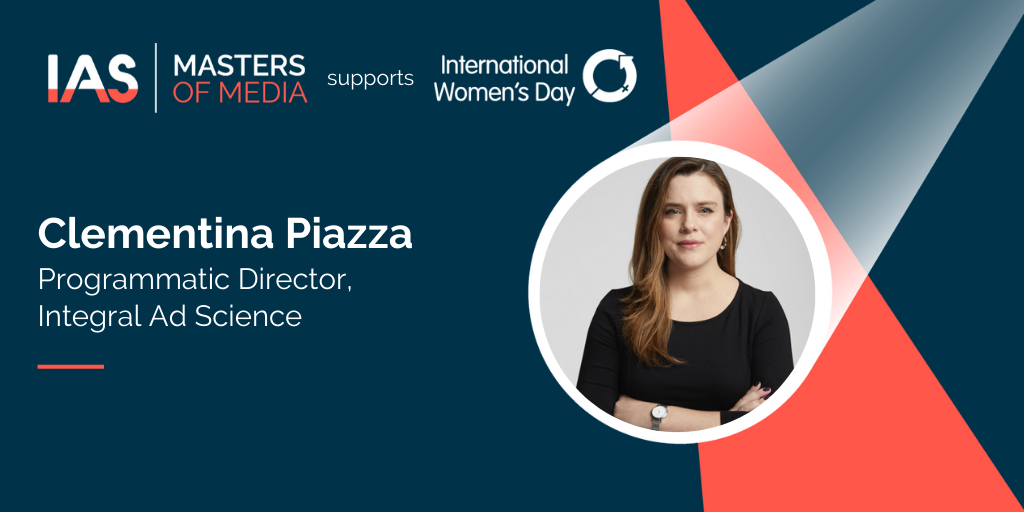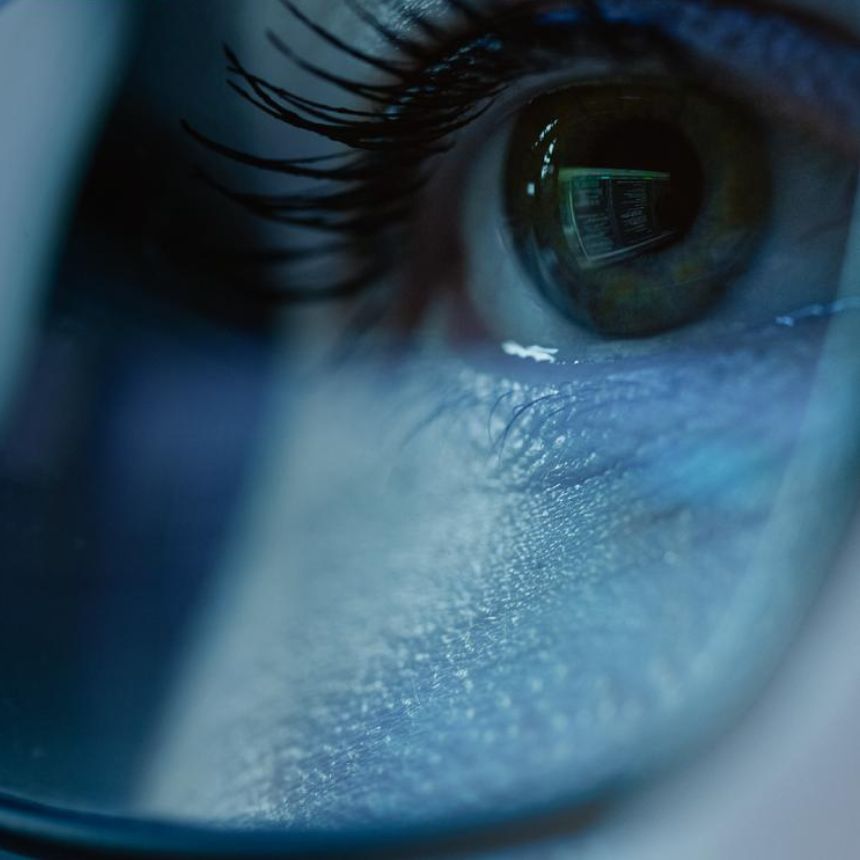To celebrate diversity across the digital advertising industry, Integral Ad Science is sharing the latest insight and greatest advice from our very own industry professionals, to raise awareness against bias and help take action for equality.
First up in our Impressions from IAS series, is Clementina Piazza, programmatic director at IAS.
Tell us a bit about yourself – who you are, what do you do and how did you get here!
I am Director of Programmatic for the EMEA region. I am tasked with working with both existing and prospective programmatic platform partners across the region, scoping out how IAS products can be integrated within their solutions. I got here after five years of work in the programmatic space for demand side platforms. Before that, I was a researcher in digital humanities, studying how new technologies could be applied to the cataloguing of incunabula (early printed books) and manuscripts.
Why are days that champion inclusion & diversity, such as International Women’s Day, important to you?
It provides the chance, at least once a year, to reflect on what’s being done and what is yet to be done to have a level playing field in the workplace and beyond, with respect to gender but also any other connotation of diversity.
What is the best piece of advice you’ve ever been given?
Sometimes, it’s better to ask for forgiveness than permission (quoting the remarkable Grace Hopper!).

What advice would you give yourself five years ago?
Give yourself more credit. Say “no” more often. Follow your gut. And chill out! It’s going to be fine, but if you do more of that, it’s going to be fantastic.
How do you feel the digital advertising industry can improve its diversity efforts?
- By keeping up the work that has been done around maternity and paternity leave as well as flexible working. Having kids and raising them is still seen as a core responsibility of women, whether they want it or not.
- By continuing to work on selection and career advancement processes that support unconscious (or conscious) bias. There is a survival mechanism that pushes us to cast a more positive judgement towards those that are more similar to us. Embracing diversity, around gender and beyond, requires pushing and revisiting your own norms as a meter of judgement.
For those who think, “I’m not an executive, so what can I do?”, what can they do?
For change to kick in and endure it needs to be pushed at every level. Keep giving feedback and keep speaking out: the whole is greater than the sum of its parts.
What would your message be to women who fail to support other women?
You don’t have to like everyone. However, I hope that if you, as a woman, are failing to support other women, it is not because you believe your success relies on convincing men that you are not like other women. If that’s the case, fear not, unfortunately you are not alone: it’s called the Queen Bee Syndrome, when women behave in ways more typical of men to display toughness and fit in. It’s actually the second most common reason why women don’t support other women.
What is the greatest thing men can do to support women in business?
To be conscious of their biases and make more of an effort to actively do something to level the playing field, beyond just talking about it. If you are not convinced of doing it because of the proven benefits that diversity brings, think about how your partner, daughter, sister or friend are another man’s colleague: do it for them.
Check back in for more Impressions from IAS Q&As, soon. And whilst you’re here, why not check out our other interviews and D&I content?
- Impressions from IAS: Q&A with Ximena Ormaechea
- Impressions from IAS: Q&A with Katie Grosvenor, IAS
- Impressions from IAS: Q&A with Paul Nasse, IAS
- 3 takeaways from Bloomfest to help you #TurnItUp
 Share on LinkedIn
Share on LinkedIn Share on X
Share on X


